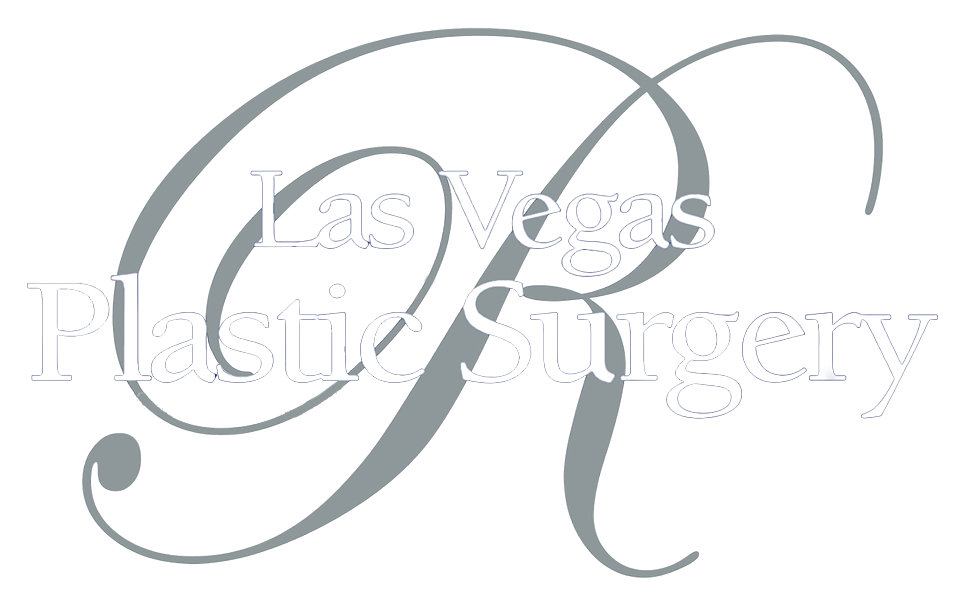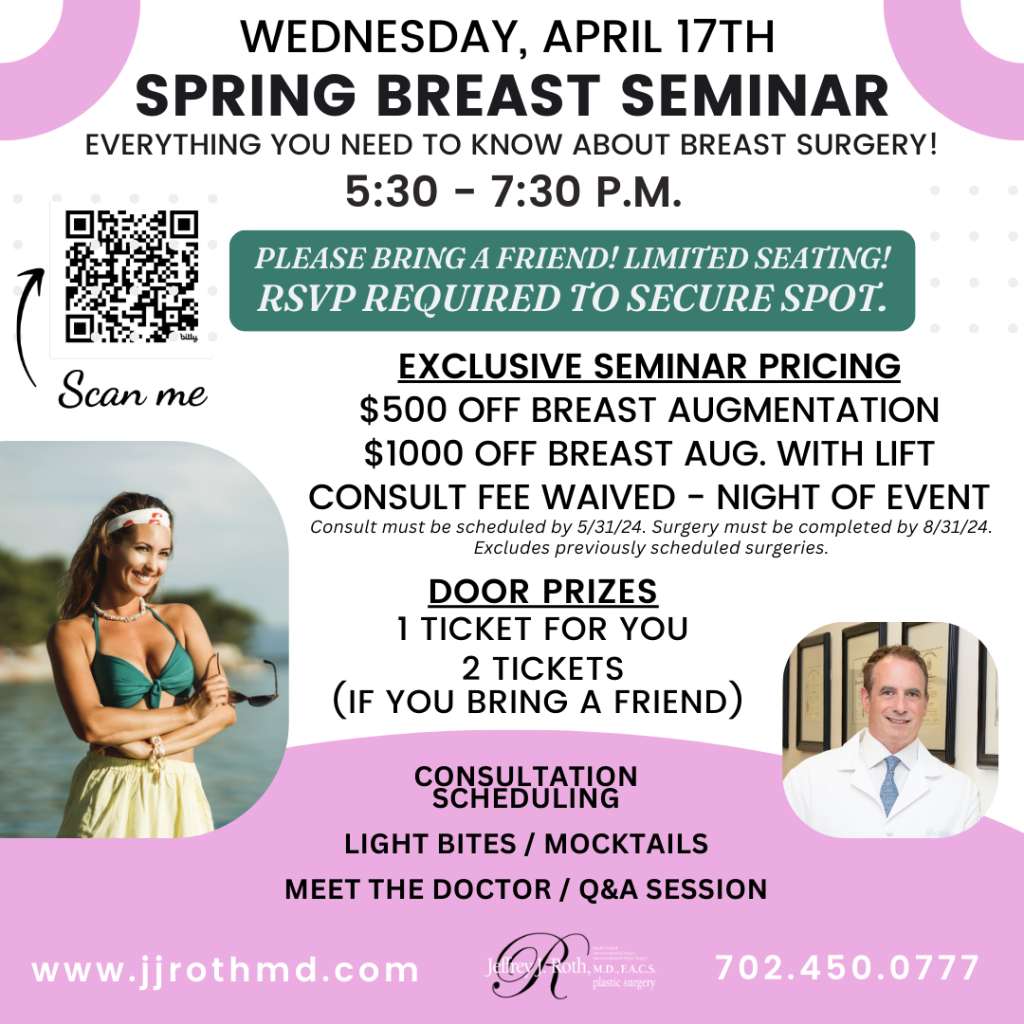Las Vegas Plastic Surgery
Firework Safety Tips for the 4th of July
It is that time of year again to celebrate Independence Day. Barbecues, good friends, and family are all part of the celebration. Many will view firework displays and some will light their own fireworks at home.
While most celebrations go without a problem, there is always a possibility of injury. This time of year medical professionals are called upon to treat injuries from fireworks, typically to the hands and face. Unfortunately, as plastic surgeon in Las Vegas I have seen some significant firework related injuries over the years. Plastic surgeons are trained in a variety of procedures including aesthetic, reconstructive, microsurgery and hand surgery, but no surgeon ever likes to perform a corrective procedure for an injury that could have been prevented. Please take the time to read and consider the following facts and information about fireworks.
According to the U.S. Consumer Product Safety Commission, fireworks were involved in an estimated 8,700 injuries treated in U.S. hospital emergency departments during calendar year 2012.
Children younger than 15 years of age accounted for approximately 30 percent of the estimated 2012 injuries. Forty-six percent of the estimated emergency room-treated, fireworks-related injuries were to individuals younger than 20 years of age.
More than half of the emergency department-treated injuries were burns. Burns were the most common injury to all parts of the body (57%), except the eyes, where contusions, lacerations, and foreign bodies in the eyes occurred more frequently.
The American Society for Surgery of the Hand (ASSH) urges the public to leave fireworks in the hands of the professionals.
The parts of the body most often injured by fireworks are hands and fingers (an estimated 41 percent); head, face, and ears (an estimated 19 percent); legs (an estimated 13 percent); and eyes (an estimated 12 percent).
Of the finger, hand, and arm injuries, the majority of injuries were caused from accidents involving firecrackers, bottle rockets, and sparklers— the three firework-types most often used in a backyard environment. Accidents involving firecrackers, bottle rockets, and hand-held sparklers totaled 57% of all firework injuries (source: American Pyrotechnic Association).
ASSH encourages individuals to attend public fireworks displays, which are monitored for safety by a local fire department, rather than setting off fireworks near or around the home.
Remember, one still has to be vigilant even when watching a public firework display. The following precautions should be taken when attending a public fireworks display:
- Obey safety barriers and ushers.
- Stay back a minimum of 500 feet from the launching site.
- Resist the temptation to pick up firework debris when the display is over. The debris may still be hot, or in some cases, the debris might be “live” and could still explode.
- Never give children hand-held sparklers. Sparklers cause 10% of all firework injuries (source: American Pyrotechnics Association)—and were associated with the most injuries to children under 5 years of age. (source: U.S. Consumer Product Safety Commission)
Some will still desire to celebrate the 4th of July with family, friends and neighbors in their backyards. With this in mind, we offer some backyard fireworks tips.
 Backyard Fireworks Tips
Backyard Fireworks Tips
Forty-six of the 50 U.S. states and the District of Columbia allow legal “consumer” fireworks for the Fourth of July. The definition of consumer fireworks varies from state to state, but can include everything from cone fountains to roman candles to multiple tube “cake” devices to sparklers. Before using fireworks, find out what’s legal in your state by checking the state law summary for your state by clicking here.
If your state does allow fireworks, remember that even legal fireworks can cause injury if they’re not used properly. Consider the following tips when planning your Independence Day fireworks fun:
- Store fireworks in a cool, dry place
- Always read and follow the directions on the label
- Always have an adult present when handling fireworks
- Never give fireworks to young children, even sparklers!
- Use fireworks outdoors in a safe, non-wooden area
- Having a working garden hose or bucket of water handy
- Keep everyone a safe distance away from fireworks
- Light only one firework at a time
- Never re-ignite a firework that doesn’t light the first time or one that has finished its display
- Never carry fireworks in your pocket
- Don’t throw fireworks at another person
- Keep pets indoors and away from fireworks
- Never shoot fireworks in metal or glass containers
- Keep spectators at a safe distance
- Always wear safety glasses when igniting fireworks
With these safety tips in mind, it is our hope that everyone will enjoy a safe and sane Independence Day.
Jeffrey J. Roth, M.D., F.A.C.S.
www.jjrothmd.com
References:



